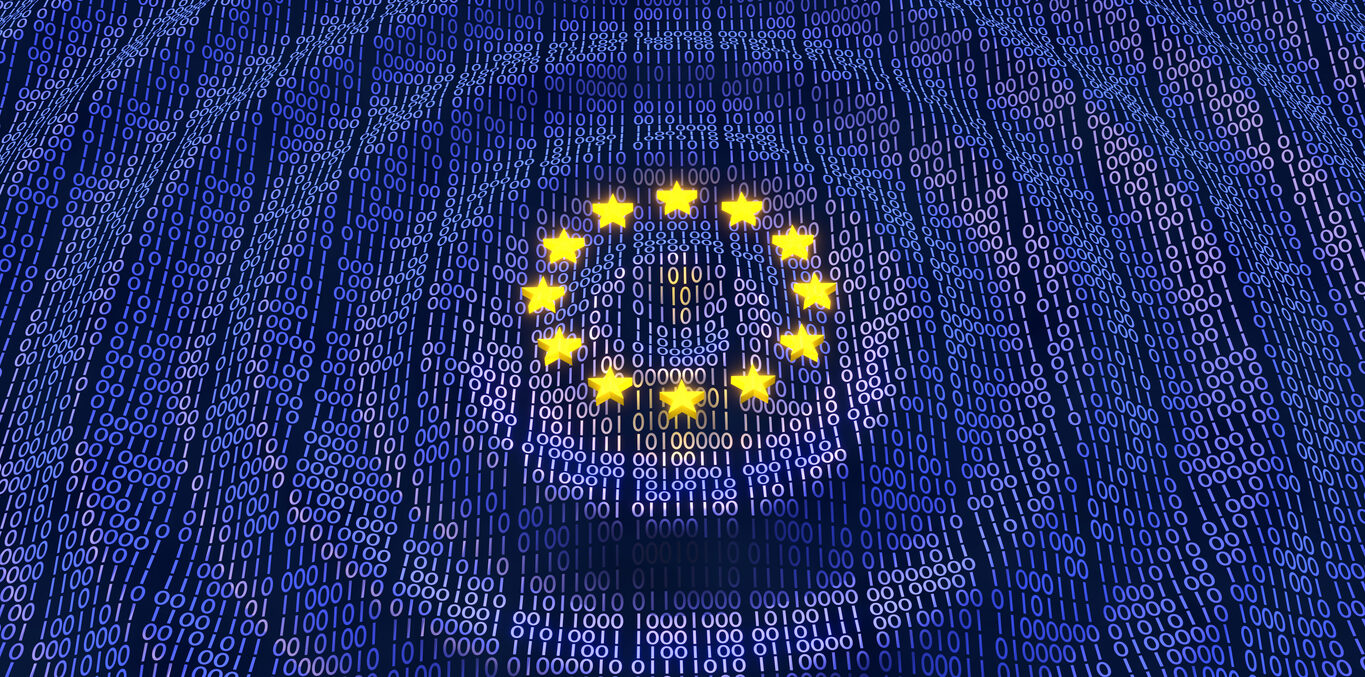
The €390 million fine that the Irish Data Protection Commission (DPC) levied last week against Meta marks both the latest skirmish in the ongoing regulatory war on the use of data by private firms, as well as a major blow to the ad-driven business model that underlies most online services.
More specifically, the DPC was forced by the European Data Protection Board (EDPB) to find that Meta violated the General Data Protection Regulation (GDPR) when it relied on its contractual relationship with Facebook and Instagram users as the basis to employ user data in personalized advertising.
Meta still has other bases on which it can argue it relies in order to make use of user data, but a larger issue is at-play: the decision’s findings both that making use of user data for personalized advertising is not “necessary” between a service and its users and that privacy regulators are in a position to make such an assessment.
More broadly, the case also underscores that there is no consensus within the European Union on the broad interpretation of the GDPR preferred by some national regulators and the EDPB.
The DPC Decision
The core disagreement between the DPC and Meta, on the one hand, and some other EU privacy regulators, on the other, is whether it is lawful for Meta to treat the use of user data for personalized advertising as “necessary for the performance of” the contract between Meta and its users. The Irish DPC accepted Meta’s arguments that the nature of Facebook and Instagram is such that it is necessary to process personal data this way. The EDPB took the opposite approach and used its powers under the GDPR to direct the DPC to issue a decision contrary to DPC’s own determination. Notably, the DPC announced that it is considering challenging the EDPB’s involvement before the EU Court of Justice as an unlawful overreach of the board’s powers.
In the EDPB’s view, it is possible for Meta to offer Facebook and Instagram without personalized advertising. And to the extent that this is possible, Meta cannot rely on the “necessity for the performance of a contract” basis for data processing under Article 6 of the GDPR. Instead, Meta in most cases should rely on the “consent” basis, involving an explicit “yes/no” choice. In other words, Facebook and Instagram users should be explicitly asked if they consent to their data being used for personalized advertising. If they decline, then under this rationale, they would be free to continue using the service without personalized advertising (but with, e.g., contextual advertising).
Notably, the decision does not mandate a particular contractual basis for processing, but only invalidates “contractual necessity” for personalized advertising. Indeed, Meta believes it has other avenues for continuing to process user data for personalized advertising while not depending on a “consent” basis. Of course, only time will tell if this reasoning is accepted. Nonetheless, the EDBP’s underlying animus toward the “necessity” of personalized advertising remains concerning.
What Is ‘Necessary’ for a Service?
The EDPB’s position is of a piece with a growing campaign against firms’ use of data more generally. But as in similar complaints against data use, the demonstrated harms here are overstated, while the possibility that benefits might flow from the use of data is assumed to be zero.
How does the EDPB know that it is not necessary for Meta to rely on personalized advertising? And what does “necessity” mean in this context? According to the EDPB’s own guidelines, a business “should be able to demonstrate how the main subject-matter of the specific contract with the data subject cannot, as a matter of fact, be performed if the specific processing of the personal data in question does not occur.” Therefore, if it is possible to distinguish various “elements of a service that can in fact reasonably be performed independently of one another,” then even if some processing of personal data is necessary for some elements, this cannot be used to bundle those with other elements and create a “take it or leave it” situation for users. The EDPB stressed that:
This assessment may reveal that certain processing activities are not necessary for the individual services requested by the data subject, but rather necessary for the controller’s wider business model.
This stilted view of what counts as a “service” completely fails to acknowledge that “necessary” must mean more than merely technologically possible. Any service offering faces both technical limitations as well as economic limitations. What is technically possible to offer can also be so uneconomic in some forms as to be practically impossible. Surely, there are alternatives to personalized advertising as a means to monetize social media, but determining what those are requires a great deal of careful analysis and experimentation. Moreover, the EDPB’s suggested “contextual advertising” alternative is not obviously superior to the status quo, nor has it been demonstrated to be economically viable at scale.
Thus, even though it does not strictly follow from the guidelines, the decision in the Meta case suggests that, in practice, the EDPB pays little attention to the economic reality of a contractual relationship between service providers and their users, instead trying to carve out an artificial, formalistic approach. It is doubtful whether the EDPB engaged in the kind of robust economic analysis of Facebook and Instagram that would allow it to reach a conclusion as to whether those services are economically viable without the use of personalized advertising.
However, there is a key institutional point to be made here. Privacy regulators are likely to be eminently unprepared to conduct this kind of analysis, which arguably should lead to significant deference to the observed choices of businesses and their customers.
Conclusion
A service’s use of its users’ personal data—whether for personalized advertising or other purposes—can be a problem, but it can also generate benefits. There is no shortcut to determine, in any given situation, whether the costs of a particular business model outweigh its benefits. Critically, the balance of costs and benefits from a business model’s technological and economic components is what truly determines whether any specific component is “necessary.” In the Meta decision, the EDPB got it wrong by refusing to incorporate the full economic and technological components of the company’s business model.





